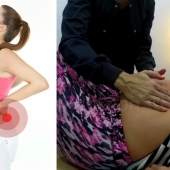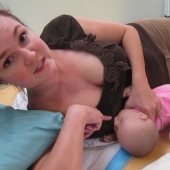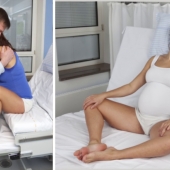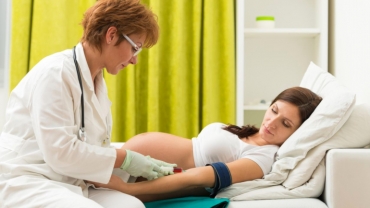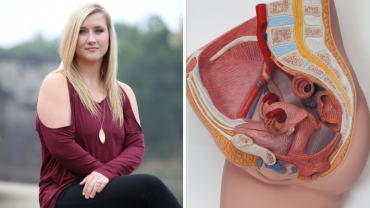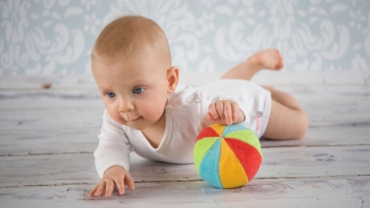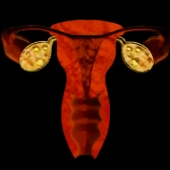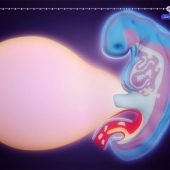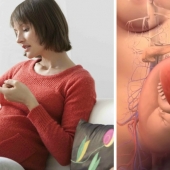Female fertility is affected by age. After puberty, female fertility increases and then decreases, with advanced maternal age causing an increased risk of female infertility.
Menopause, or the cessation of menstrual periods, generally occurs in the 40s and 50s and marks the cessation of fertility, although age-related infertility can occur before then.
The relationship between age and female fertility is popularly referred to as a woman's "biological clock"; when a woman reaches an age where fertility is commonly understood to drop, it can be said that her "biological clock is ticking."
At birth, a woman is born with all of the eggs she will make in her lifetime. As a woman ages, her egg reserve and egg quality decline. They say 19 to 26-year-olds have a 50 per cent chance of conceiving two days before ovulation - a woman's most fertile time.
By the time a woman is 30, she has lost 88% of her eggs, and by the time she is 40, she has lost 97% of her eggs. The Fertility Clock aims to educate women on their true fertility life cycle.
After 35, the women studied had only a 30 per cent chance of falling pregnant in any given month. Those with a partner five years older or more face a further struggle as sperm quality declines with age.
- 18281 views

